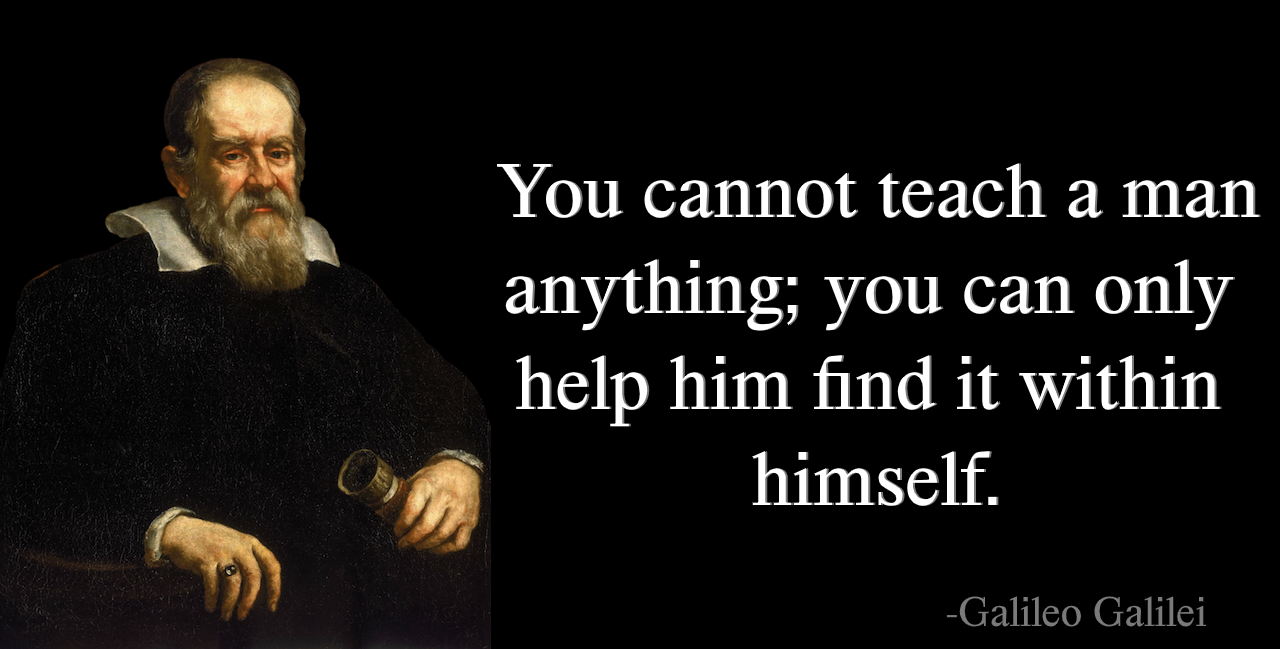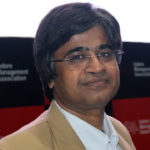
Author Name : Galileo Galilei
Galileo Galilei was the world's first astronomer and the father of modern physics. He made significant contributions to science and astronomy by creating the telescope and finding cosmic positions. During his era when society looked to orthodox beliefs and values in absence of verified knowledge, Galileo championed the scientific and practical thinking. Since Galileo made new discoveries through his investigation and experiments, he believed that knowledge can only be discovered and not transferred. I humbly take this privilege to complete this thought in light of existential reality. Anand
AnandOn the contrary, valid knowledge is something that can be understood, lived, and taught to others to help them understand. The essential features of valid knowledge are the practicability and universal nature, meaning it applies to all human beings.
A human being cannot discover complete knowledge through experiments/trial and error alone in one lifetime. He has to learn, validate and accept the knowledge that is available to him through culture and education. When one person found out that water boils at 100 degrees, it was enough for the whole of humanity to know it. Everyone did not have to try again at different temperatures to get to the exact value. Likewise, through the social cloud of culture and education, the right and complete knowledge of coexistence can be transferred. With the coming of coexistentialism, the complete knowledge (which is finite) has been achieved and it can be validated by everyone.